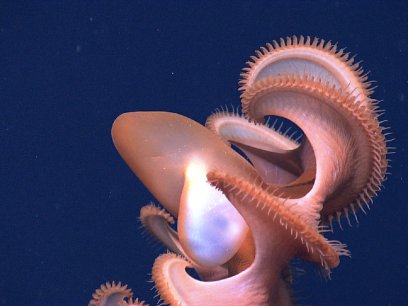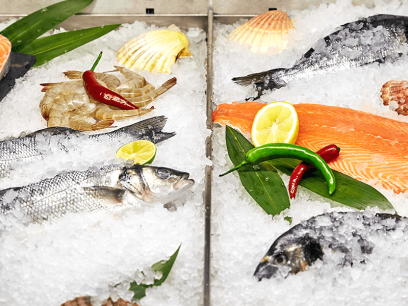
Planning to hit the sands this summer? Beach pollution could jeopardize many Americans' vacation plans—there were more than 12,000 closings and swimming advisories at the nation's oceans, bays, Great Lakes, and some freshwater beaches in 2012. Though usually uncommon or confined to local areas, beach pollution is a problem in every coastal state, and is hazardous to the environment and human health. It also impacts local economies reliant on tourism, and results in cities, towns, and taxpayers shouldering significant costs to stop pollution. Though beach pollution is a persistent problem, the solution to clean beaches starts with you. Here's why:
- Bathers are a localized source of contamination, especially with diaper-age children when care isn't taken to make sure their waste doesn't enter the water. The same threat to water quality occurs when pet waste is deposited on or near the beach. To help avoid contaminating the water when swimming with a little one, consult this guide from CDC, and always make sure to pick up after Fido when he's outside—even in your own yard!
- Much of the waste we generate, particularly plastic items, ends up on our shores and in oceans, where it kills wildlife, poses navigational hazards, and impacts local economies and potentially human health. The most effective way to stop plastic pollution in our oceans is to make sure it never reaches the ocean in the first place—consider reducing, reusing, and recycling and incorporating practices like carrying reusable bags into your daily routine to reduce waste.
- Recreational boats at sea sometimes intentionally or accidentally dump trash directly into the ocean—keep your trash aboard until you come to a proper waste receptacle to dispose of it. Prevent oil and fuel spills with proper boat maintenance. Click here for additional boating maintenance tips.
In addition to these tips, you can make an impact even when you're not at the beach, since 80% of marine pollution comes from the land.
- Rain water or snowmelt rushes across impervious surfaces (such as paved streets, driveways, and rooftops) as stormwater runoff. Instead of soaking the ground as it would prior to development, stormwater picks up trash, chemicals, and other pollutants like gasoline, antifreeze, fertilizers, and pet waste. Polluted stormwater then flows directly into storm drains, rivers, lakes, streams, and the ocean—see these 10 tips for preventing pollution from stormwater runoff.
Sources:
- ABC News/Washington Post. 2012. “Summer Vacation Perennial: The Mountains or the Beach?” http://www.langerresearch.com/wp-content/uploads/1127a31FavorabilityNo31.pdf.
- Danovaro, Roberto, Lucia Bongiorni, Cinzia Corinaldesi, Donato Giovannelli, Elisabetta Damiani, Paola Astolfi, Lucedio Greci, and Antonio Pusceddu. 2008. “Sunscreens Cause Coral Bleaching by Promoting Viral Infections.” Environmental Health Perspectives 116 (4): 441–47. doi:10.1289/ehp.10966.
- Mississippi Department of Marine Resources. 2015. “Pollution.” Accessed May 10, 2016. http://www.dmr.ms.gov/index.php/environment/pollution.
- Natural Resources Defense Council. 2014. “Sources of Beach Water Pollution.” Testing the Waters. https://www.nrdc.org/sites/default/files/ttw2014_Sources_of_Beach_Pollution.pdf.
- NOAA. 2016. “What is the Biggest Source of Pollution in the Ocean?” Accessed May 10. http://oceanservice.noaa.gov/facts/pollution.html.
- US EPA. 2016. “LEARN: Human Health at the Beach.” Accessed May 10. https://www.epa.gov/beaches/learn-human-health-beach.
- US EPA. 2016. “Sources of Beach Pollution.” Accessed May 10. https://www.epa.gov/beach-tech/sources-beach-pollution.
- Washington State Department of Ecology. 2016. “What Boaters And Marina Managers Can Do To Keep Our Waters CLEAN.” Accessed May 10. http://www.ecy.wa.gov/programs/spills/BoatingTips/BoatingTips.html.


